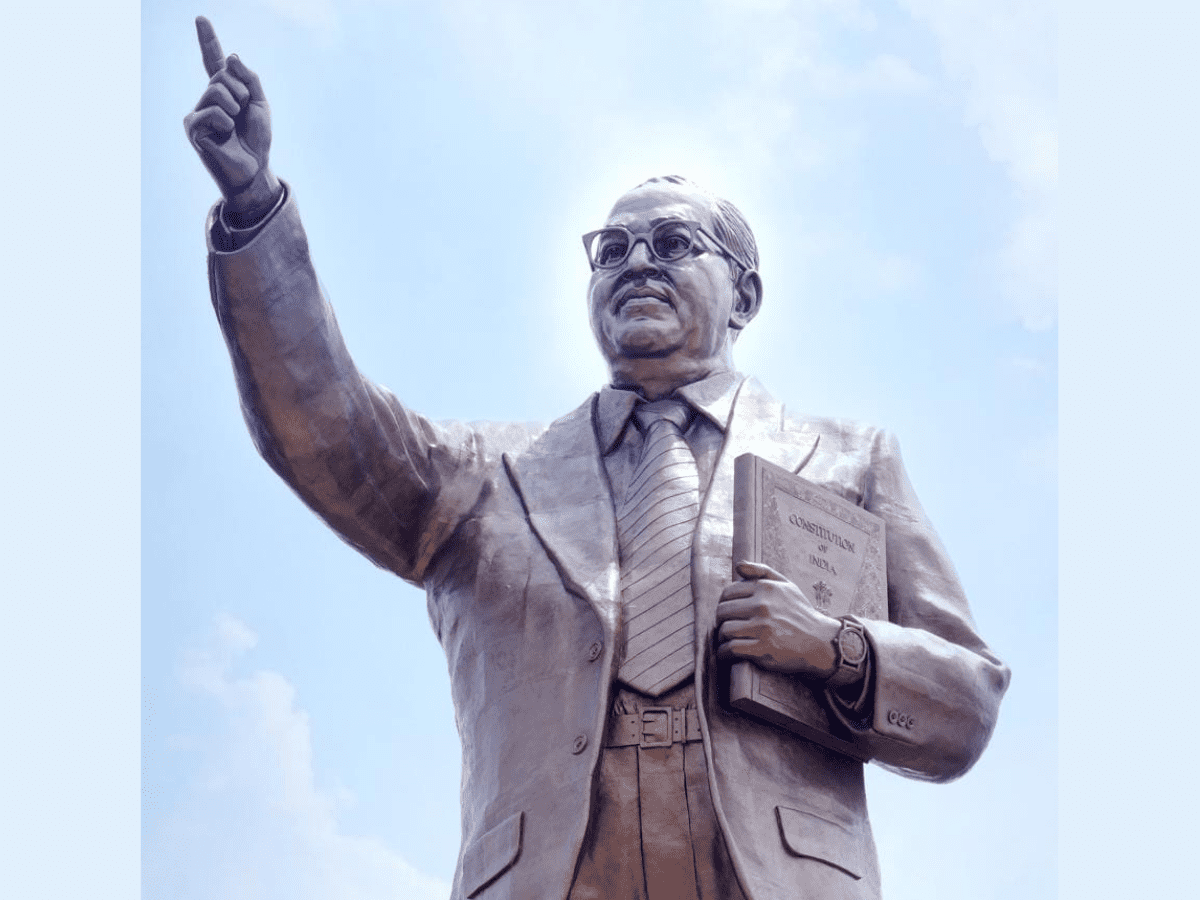
Bengaluru: While dismissing a public interest litigation that challenged the sanctity of the oath taken by Members of the Legislative Assembly in the name of certain persons instead of as mandated in the Constitution, the High Court has said that Buddha, Basaveshwara, and Ambedkar are considered as divine incarnations which is the same meaning the Constitution employs to denote God’.
“At times, tall figures like Bhagawan Buddha (563 BCE – 483 BCE), Jagajyothi Basaveshwara (1131-1196), Dr. B R Ambedkar (1891- 1956), etc., are held as ‘daivaansha-sambhootaas’ i.e., divine incarnates which the English word God’ employed in the constitutional formats in Third Schedule, does nearly denote the same,” the Division Bench of Chief Justice Prasanna B Varale and Justice Krishna S Dixit said in their judgement.
Further, the HC said that “God-neutral” oath taking was permitted.
“It is said in Kannada devanobba, naama halavu’ nearly meaning that: God is one, though he is called by multiple names. This is in line with what ‘Brihadaaranyaka Upanishad’ states: “ekam sat vipra bahudha vadanti” which literally means that, truth is one and the wise call him with various nomenclatures. It is significant to note that the format permits God-neutral oath taking,” it said.
The petition by one Bhimappa Gundappa Gadad from Belagavi had claimed that several MLAs who took the oath of office and some as Ministers in 2023 had breached Constitutional provisions under Schedule III and therefore should be disqualified.
The HC however said that the oath can be taken employing the expression “swear in the name of God” or alternatively “solemnly affirm.”
The Court said that the oath can be taken without taking the name of God. “It is also significant to note that oaths can be taken in the name of God or by solemn affirmation without taking any name of God,” the HC said.
Dismissing the petition, the HC said, “Despite vociferous submissions of the learned counsel appearing for the petitioner, we are not convinced that the oath subscribed by the private respondents does not comply with the requirement of the prescribed formats. We hasten to caution that the failure to subscribe to the oath in substance would give scope for avoidable litigations of the kind. More is not necessary to specify.”

